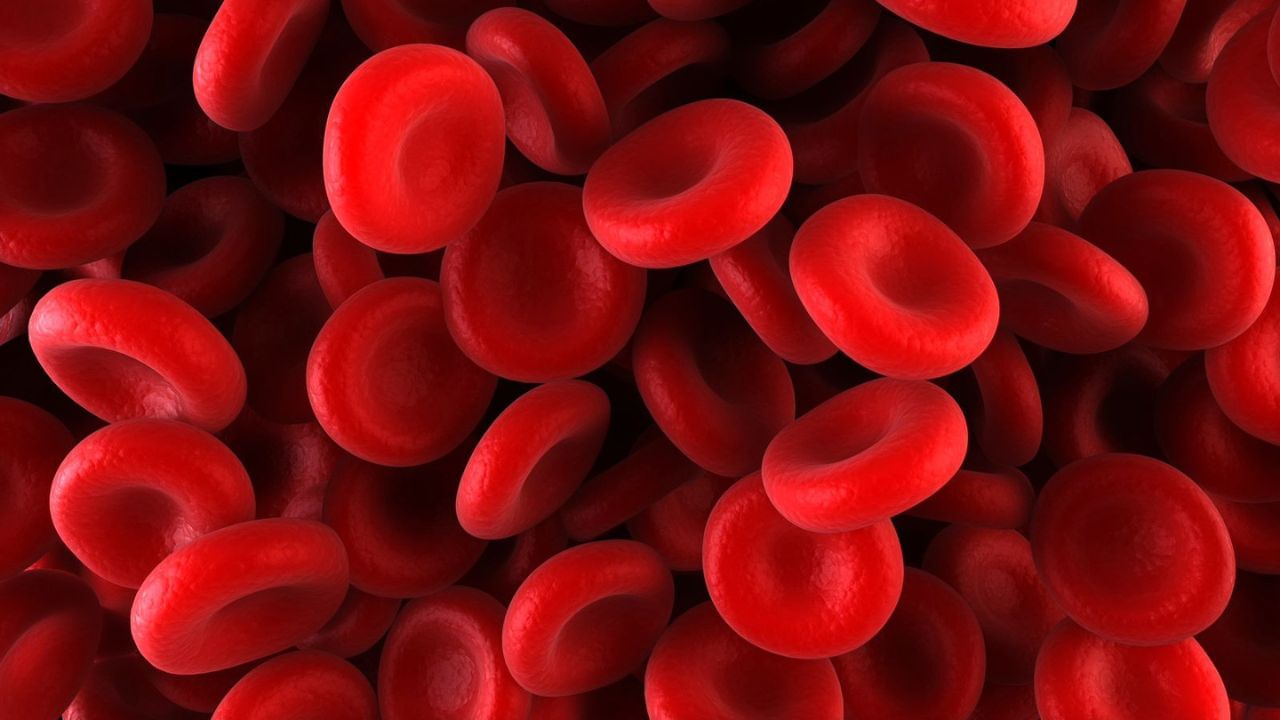Which test suggests whether the blood is thick or thin?Image Credit Source: Getty Images
Blood thickening test: Blood flow in our body is accompanied by a certain thickness so that it can supply oxygen and nutrients in the whole body properly, but sometimes this blood becomes thick or thinner than normal. Thick blood means that the clotting factor has become more in it, due to which a blood clot can be made quickly. At the same time, thin blood means that the ability to make clot in the blood has decreased, which increases the risk of bleeding. This condition can occur for several reasons such as dehydration, consumption of certain medicines, liver problem, deficiency of vitamin or genetic causes. In such a situation, it becomes important to know whether the blood is normal or not and we can find out through certain tests.
Both the high thick or thinness of blood can prove to be dangerous for health. If the blood has become thick, then it can slow down the blood flow in the body, which causes blood clots to form. This can cause serious problems like stroke, heart attack or deep vein thrombosis. On the other hand, if the blood becomes excessively thin, it can cause more bleeding even in small injuries and the risk of internal bleeding also increases. Especially in the event of surgery or injury, diluted blood can become a big problem. Therefore, if you see symptoms like bleeding from the nose, late blood or swelling in the feet, then it is necessary to check immediately.
Which test should be done?
Dr. Suvakar Dutta in the Department of Pathology in Delhi AIIMS It is said that to know whether the blood is thick or thin, the doctors recommend getting some special blood tests. The most common and essential test is PT (Prothrombin Time) and INR (International Normalized Ratio). These tests check the process of forming blood clot. If the level of PT-Inr is lower than normal, the blood can become thick and if it is more, then the blood is likely to be diluted.
Apart from this, the number of platelets and blood quality can also be gauged from the CBC (Complete Blood Count) test. The D-DIMER test and blood Viscosity tests are also helpful in checking the level of blood thickness. Doctors appreciate the correct test according to the symptoms. Based on these reports, it is possible to start treatment in time, which can prevent serious health problems.
Take care of these things
Drink sufficient amount of water.
Do not take blood thinner medicines without doctor’s advice.
Take nutritious diet.
Made away from smoking and alcohol.
Keep getting health checkups done from time to time.
Include exercise in the routine.
